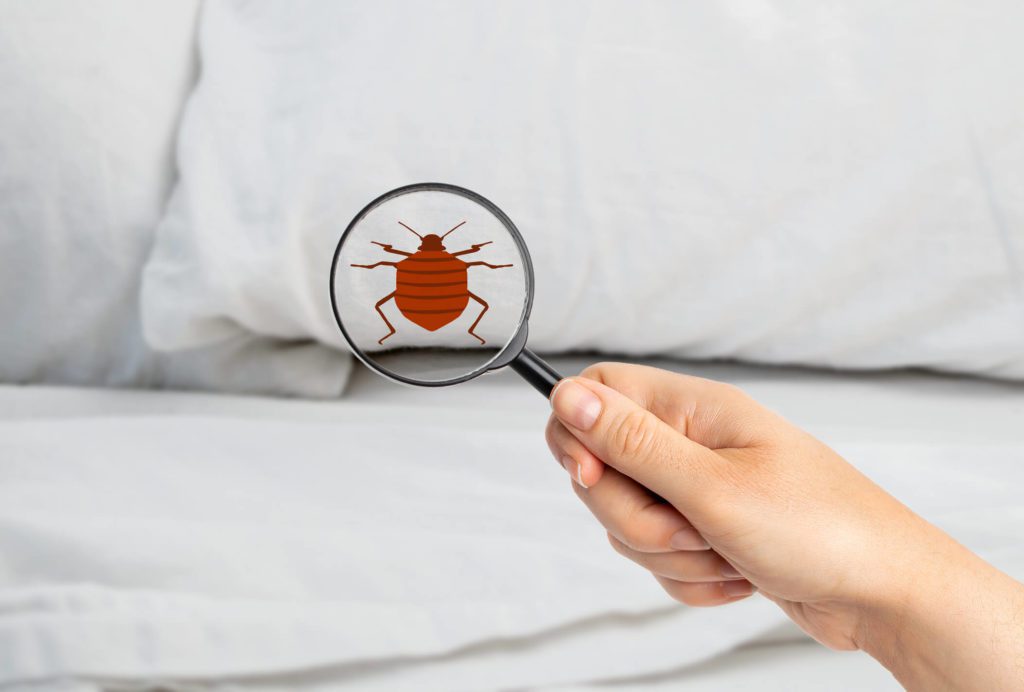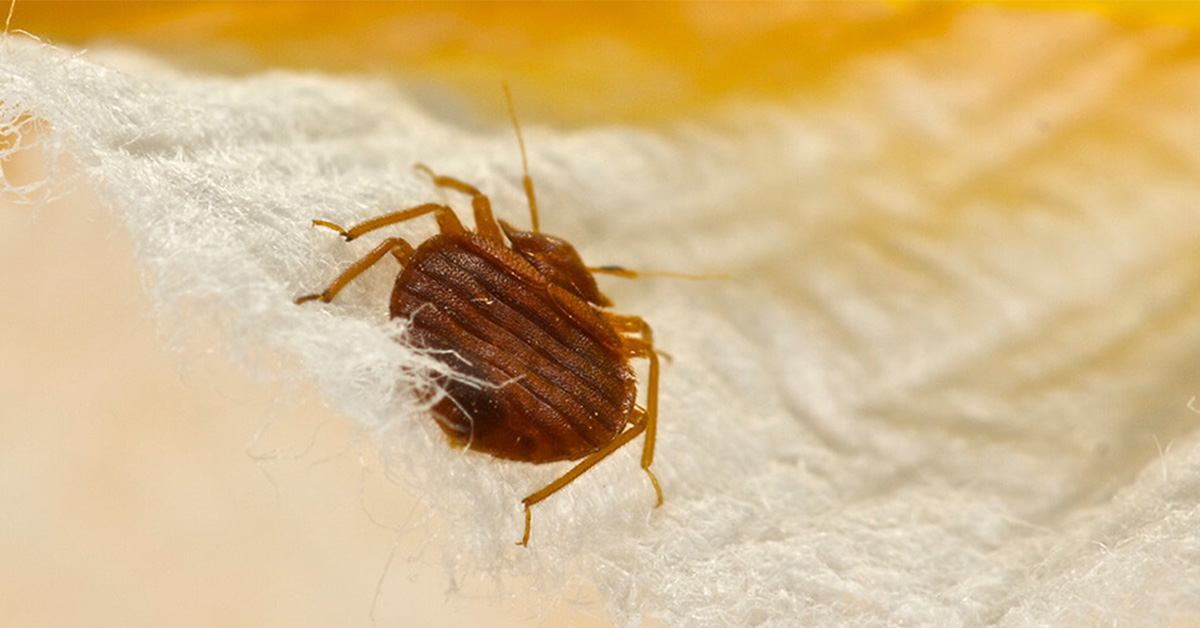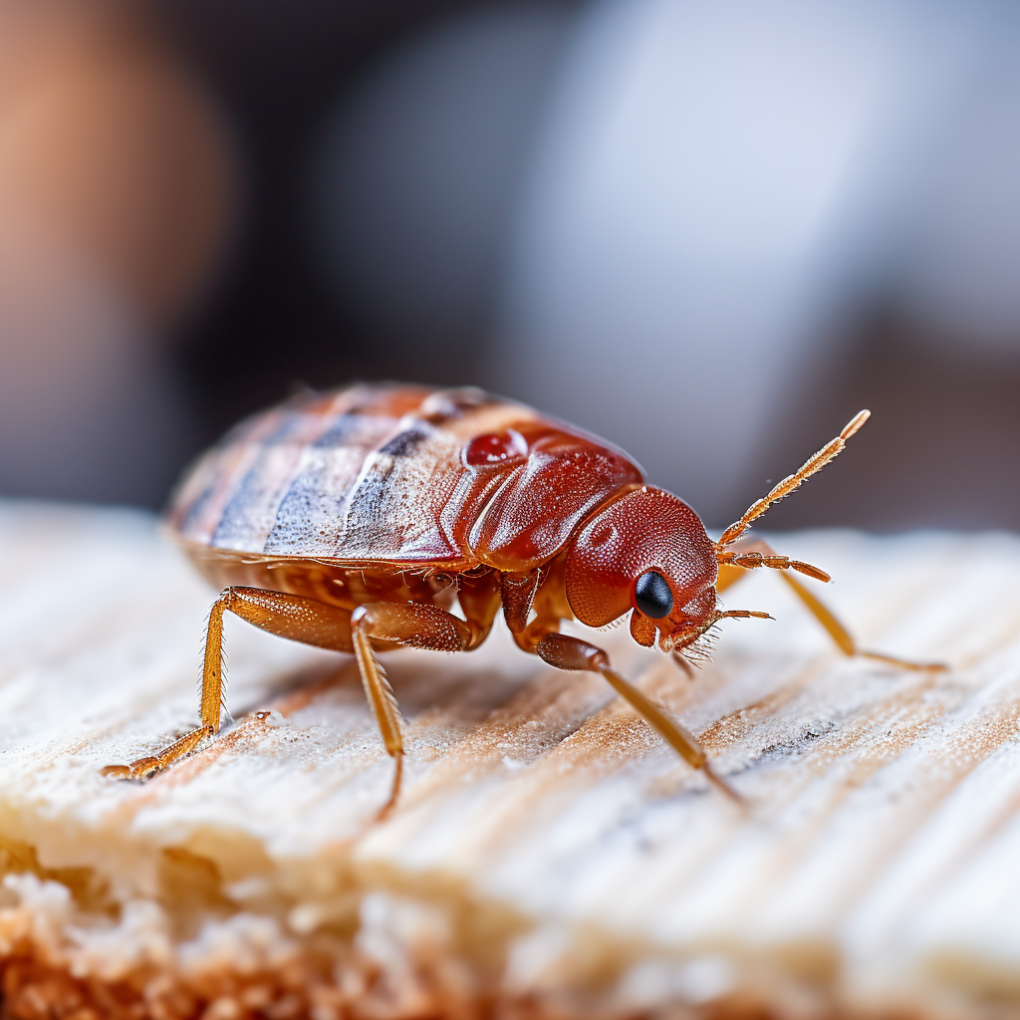Sorts Of Insect Control: Which Technique Is Right for Your Infestation?
When faced with a bug problem, the option of a suitable technique for parasite control is essential in successfully taking care of the scenario. From chemical therapies to biological services, there exists a variety of approaches that can be used to address different sorts of parasites. Each method comes with its own set of benefits and considerations, making the decision-making procedure a nuanced one. Recognizing the subtleties of each method and evaluating their compatibility with the certain bug invasion available is crucial for attaining lasting success in parasite monitoring. By discovering the numerous kinds of parasite control approaches readily available, people can make educated decisions tailored to their distinct circumstances, guaranteeing a more efficient and sustainable outcome in pest obliteration.
Chemical Insect Control
Chemical parasite control includes using synthetic or normally derived chemicals to handle and remove pest populations properly. This approach is generally used in farming, forestry, and domestic setups to fight a vast variety of pests, consisting of insects, rodents, and weeds. The use of chemical pesticides can provide quick and targeted remedies to pest infestations, making it a prominent selection for many individuals and organizations.
One of the essential benefits of chemical pest control is its capability to promptly get rid of pests, reducing the threat of damages to plants, residential property, and human health. By utilizing certain chemicals that target certain bugs, this method can effectively manage invasions while decreasing injury to useful microorganisms and the setting when used appropriately.
Nevertheless, using chemical parasite control likewise raises concerns about potential damaging results on non-target varieties, water resources, and human wellness. It is important to follow safety and security guidelines, use chemicals sensibly, and take into consideration different parasite control approaches to decrease these threats and make certain lasting pest management practices.
Organic Parasite Control
Organic pest control, likewise known as biocontrol, makes use of living organisms to minimize and manage bug populations normally. By using the bug's natural killers or pathogens, biological pest control supplies a lasting and eco friendly remedy to pest administration.

Mechanical Parasite Control
Making use of physical and hand-operated approaches to handle bug populations, mechanical insect control provides an alternative method that does not depend on the use of living organisms or artificial chemicals. This approach involves making use of barriers, catches, or various other devices to physically hinder or eliminate insects. By blocking pest entrance points or establishing catches to capture them, mechanical insect control can effectively reduce infestations without presenting chemicals right into the atmosphere.
One common instance of mechanical insect control is using mesh screens on doors and windows to stop pests from going into buildings. This straightforward yet effective approach functions as a physical barrier, maintaining insects out while permitting correct air flow. Furthermore, devices like mousetraps, fly swatters, and ultrasonic repellents drop under the mechanical insect control group.
While mechanical bug control methods can be labor-intensive and require normal tracking and upkeep, they use a sustainable and eco friendly remedy for managing parasite infestations. By incorporating different mechanical techniques, homeowner can develop a detailed bug control strategy that reduces dependence on chemical pesticides.
Physical Pest Control

Some usual physical pest control approaches consist of using barriers such as screens or webs to stop pest access, catches to catch and remove pests, and hand-picking to literally remove pests from plants or frameworks. Furthermore, techniques like heat therapies can be utilized to manage insects like bed bugs by elevating the temperature to levels that are dangerous to the bugs.
Physical pest control is specifically valuable in incorporated bug management (IPM) techniques, where numerous parasite control techniques are integrated for effective parasite administration while reducing the usage of chemicals. By utilizing physical pest control strategies, individuals can properly attend to pest problems with minimal environmental effect.
Integrated Insect Monitoring
When carrying out physical pest control techniques as component of pest monitoring methods, click here for info Integrated Pest Administration (IPM) becomes a detailed approach that leverages different techniques to successfully control pest populations. IPM concentrates on long-term avoidance of parasites through a mix of biological, cultural, physical, and chemical tools tailored to details pest problems. By incorporating multiple control techniques, IPM aims to minimize the dangers related to bugs while additionally minimizing reliance on chemical options.
One trick aspect of IPM is the emphasis on monitoring and examining pest populaces to figure out one of the most proper control techniques. This aggressive approach enables early treatment and targeted methods, leading to much more reliable parasite monitoring. Additionally, IPM promotes eco-friendly practices by focusing on non-chemical control methods and only using pesticides as a last hope.
Verdict

By using the bug's all-natural predators or microorganisms, organic insect control uses a eco friendly and sustainable solution to pest administration. - my blog Kings best pest control cincinnati
Utilizing hands-on and physical techniques to handle bug populaces, mechanical parasite control offers an alternative method that does not depend on the use of living organisms or synthetic chemicals.A reliable technique to taking care of pest populaces without depending on chemical or biological approaches entails the use of physical bug control strategies.When applying physical parasite control approaches as component of bug administration methods, Integrated Pest Management (IPM) emerges as a comprehensive approach that leverages various strategies to properly regulate pest populations. Chemical insect control includes the use of pesticides, organic bug control uses natural killers, mechanical parasite control entails physical obstacles, physical bug control includes capturing or getting rid of bugs, and integrated pest monitoring incorporates numerous approaches for an alternative method to pest control.